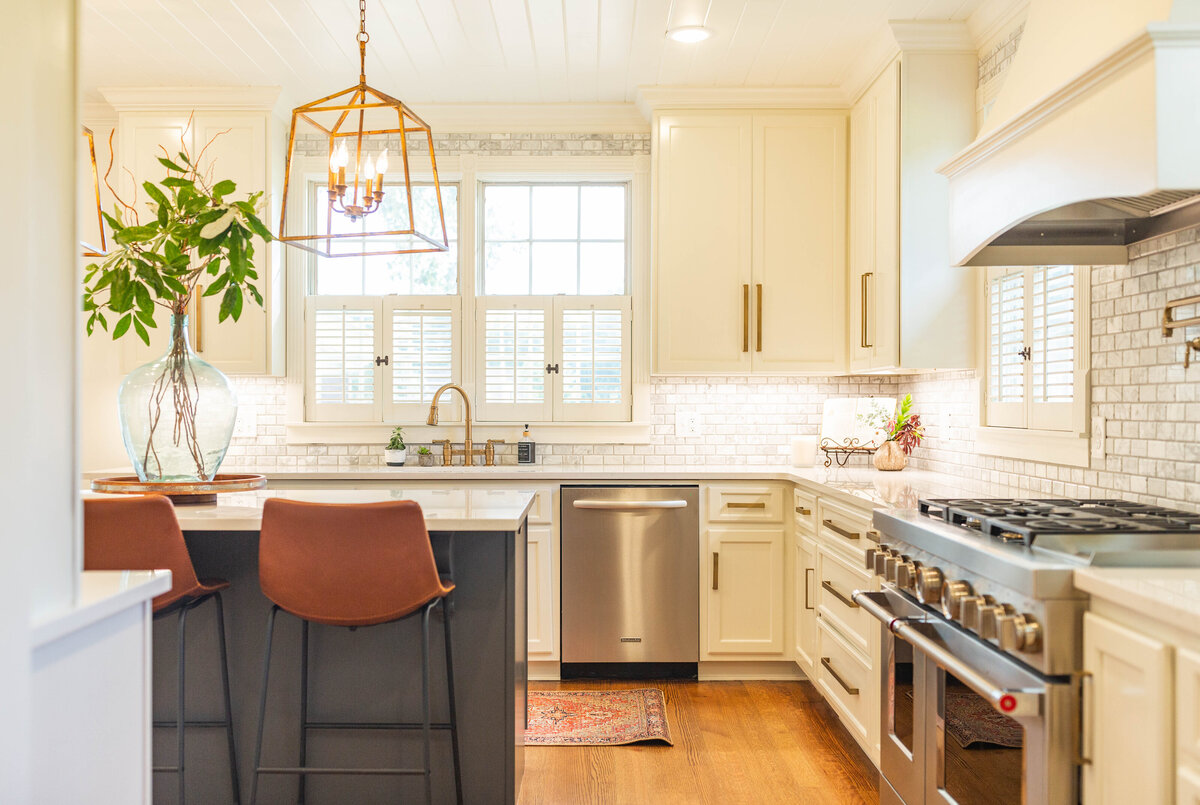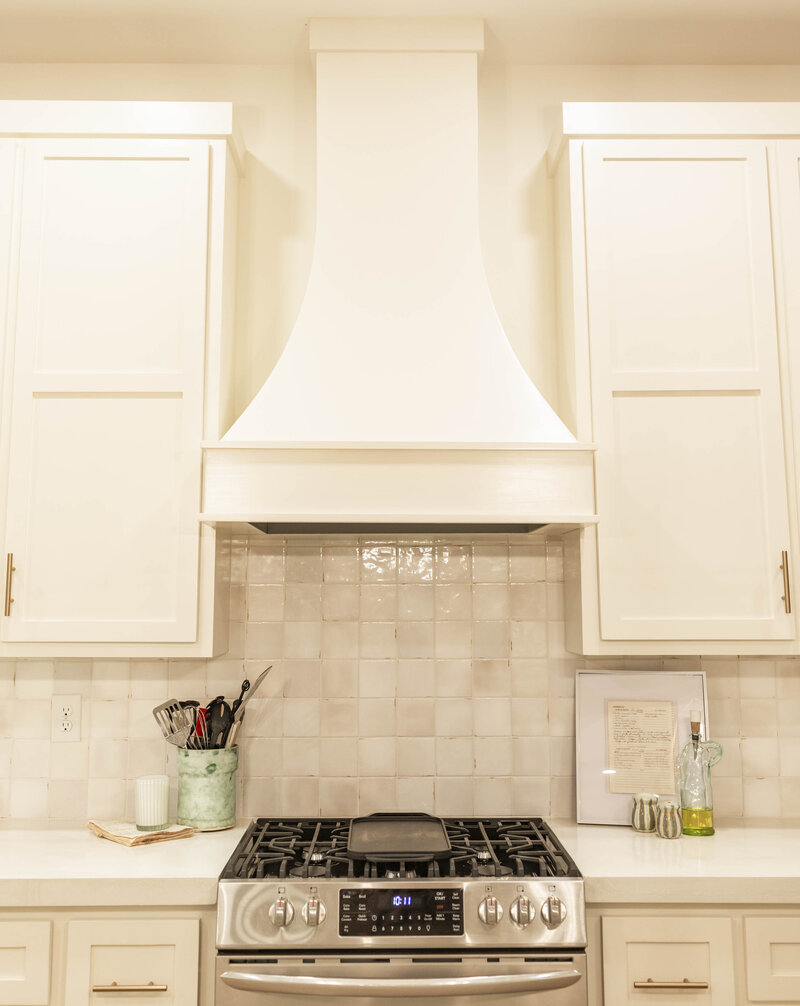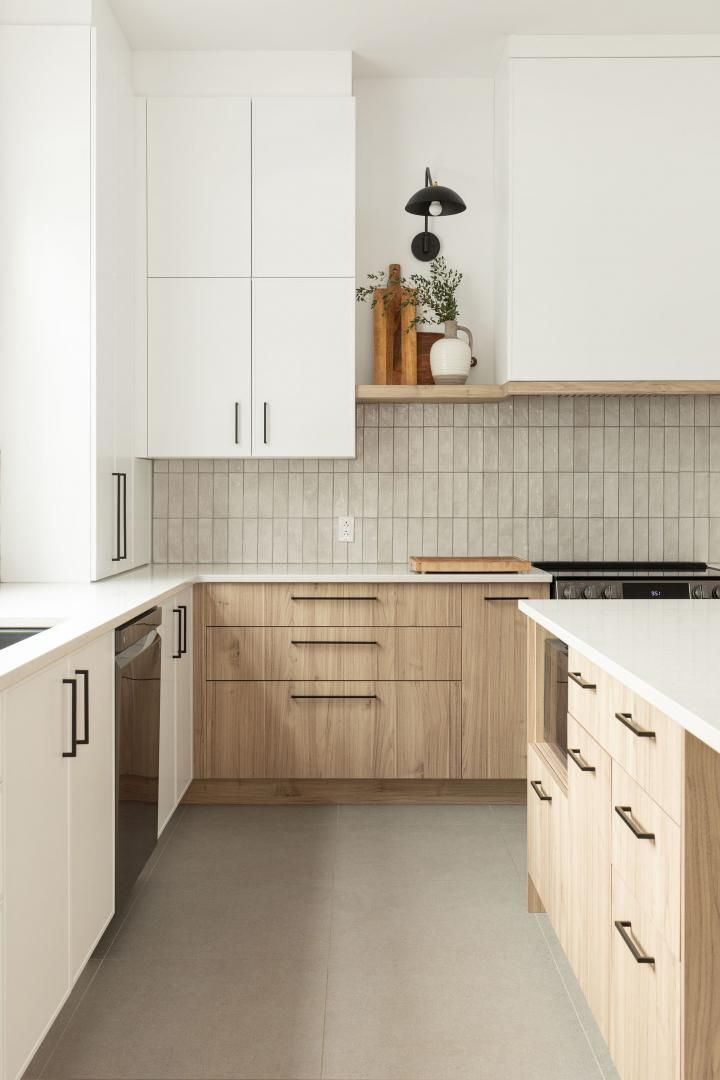
- Kitchen
Kitchen Remodel vs Renovation: Which Is Right For You
- By matin@quayconstruction.ca
Table of Contents
When it comes to updating your kitchen in 2025, the terms “remodel” and “renovation” are often used interchangeably, but understanding the distinction between these two approaches is crucial for making informed decisions about your home improvement project. With homeowners spending an average of $30,000 on a minor kitchen renovation, and $80,000 on a major kitchen remodel according to recent data, choosing the right approach can save you thousands. Whether you’re dealing with an outdated kitchen that needs a fresh look or structural issues that require extensive work, knowing which approach suits your needs, budget, and timeline will help ensure your project’s success.
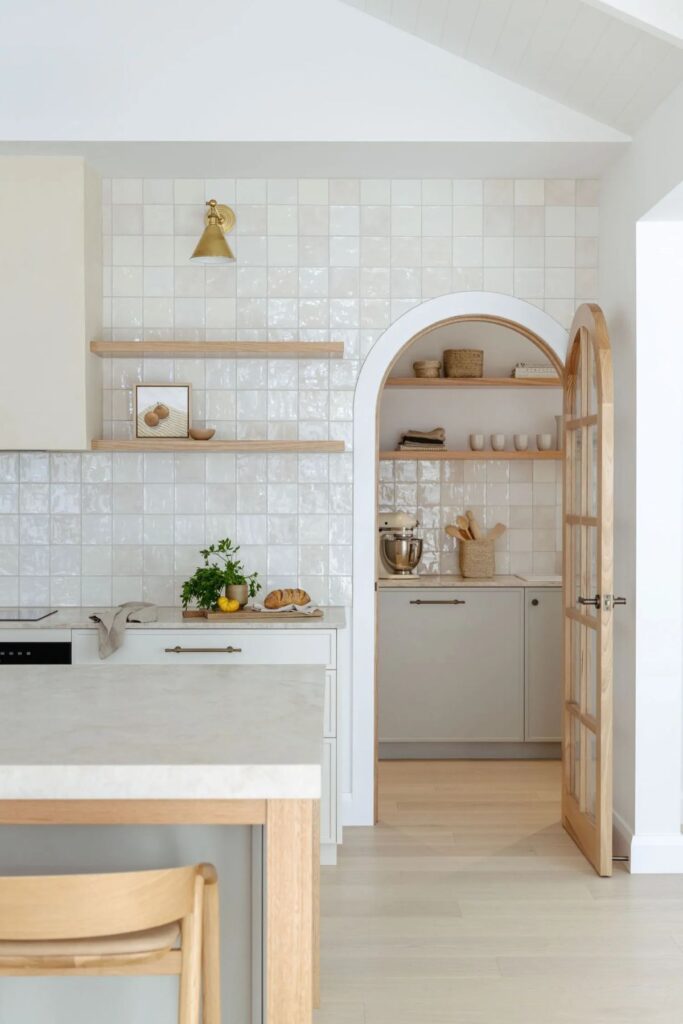
What is a Kitchen Renovation?
A kitchen renovation typically involves restoring or updating existing elements while maintaining the kitchen’s original layout and structure. This approach focuses on refreshing the space with cosmetic improvements and functional upgrades without making major structural changes.
Common Kitchen Renovation Projects Include:
Surface-Level Updates:
- Painting or refinishing cabinets
- Replacing cabinet hardware (handles, knobs, hinges)
- Installing new countertops
- Updating backsplashes
- Replacing flooring materials
- Upgrading lighting fixtures
Appliance and Fixture Improvements:
- Swapping out old appliances for newer, energy-efficient models
- Installing new faucets and sinks
- Adding or updating under-cabinet lighting
- Replacing outdated electrical outlets and switches
Renovations are ideal when your kitchen’s basic layout works well but needs aesthetic or functional improvements. This approach typically takes less time and costs significantly less than a full remodel while still delivering noticeable results.
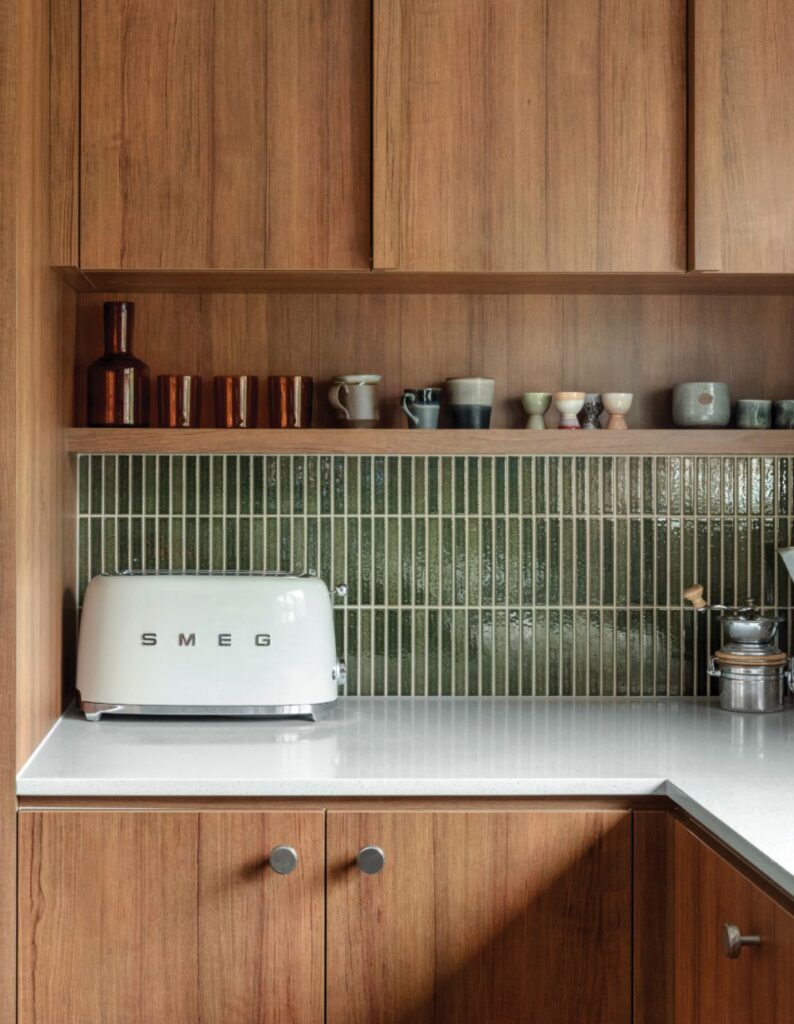
What is a Kitchen Remodel?
A kitchen remodel involves more extensive changes that may include altering the layout, moving walls, relocating plumbing and electrical systems, and completely reimagining the space. This comprehensive approach addresses both aesthetic and functional concerns while potentially expanding or reconfiguring the kitchen entirely.
Kitchen Remodel Projects Typically Include:
Structural Changes:
- Removing or adding walls to change the layout
- Expanding the kitchen into adjacent rooms
- Creating open-concept designs
- Installing new windows or doors
- Relocating major appliances
Systems Overhaul:
- Moving plumbing lines for new sink or island locations
- Upgrading electrical systems to handle modern appliances
- Installing new HVAC systems or modifying existing ones
- Adding structural support for new features
Complete Design Transformation:
- Installing all new cabinetry
- Implementing new flooring throughout
- Creating custom storage solutions
- Designing and installing kitchen islands or peninsulas
- Incorporating efficient kitchen work triangles for optimal functionality
Cost Considerations: Renovation vs Remodel
Understanding the financial aspects of each approach is essential for project planning and budgeting.
2025 Kitchen Renovation Costs: What You Can Expect to Pay
According to the latest 2025 industry data, a minor kitchen renovation typically ranges from $20,000 to $41,500. These budget-friendly projects focus on updating existing elements and can include:
- Cabinet refacing: $6,000-$10,000
- New countertops: $4,500-$8,000
- Updated appliances: $7,500-$20,000
- Fresh paint and minor electrical updates: $2,000-$3,500
Kitchen Remodel Costs
A major kitchen remodel can range from $53,000 to $150,000 or more, depending on the scope and quality of materials chosen. Major cost factors include:
- Custom cabinetry: $20,000-$60,000
- High-end appliances: $15,000-$40,000
- Structural changes and permits: $5,000-$25,000
- Professional design services: $5,000-$10,000
- Plumbing and electrical work: $8,000-$20,000
Timeline Differences
Kitchen Renovations typically take 3-4 weeks to complete, depending on the scope of work. Since major structural changes aren’t involved, the process is generally more straightforward and predictable.
Kitchen Remodels can take 4-8 weeks or longer, particularly when structural changes are involved. Factors that extend timelines include:
- Permit approval processes
- Custom cabinet manufacturing and delivery
- Coordination of multiple trades (electrical, plumbing, structural)
- Unexpected issues discovered during demolition
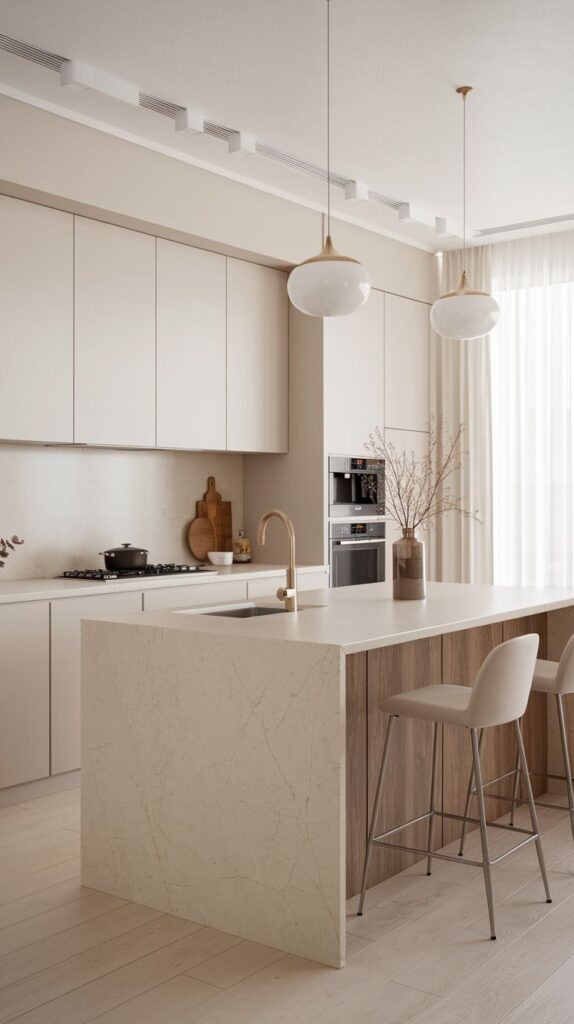
Factors to Consider When Choosing Between Renovation and Remodel
Current Kitchen Functionality
Evaluate your kitchen’s existing layout and workflow. If your current design supports efficient cooking and food preparation, a renovation might suffice. However, if you find yourself constantly working around layout inefficiencies or lack adequate storage, a remodel might be necessary.
Home Value and Market Considerations
Research your local real estate market to understand which approach offers better return on investment. In many cases, a well-executed renovation provides excellent value, while extensive remodels might exceed what buyers in your area are willing to pay.
Structural Integrity
Consider the age and condition of your home’s infrastructure. Older homes might benefit from the comprehensive updates that come with a full remodel, including upgraded electrical, plumbing, and structural systems.
Lifestyle and Family Needs
Think about how your family uses the kitchen and what changes would most improve your daily experience. Growing families might need expanded storage and workspace, while empty nesters might prefer a more streamlined approach.
Planning Your Kitchen Project
Working with Professionals
Regardless of which approach you choose, working with experienced professionals is crucial for project success. Selecting the right kitchen renovation contractor involves researching credentials, reviewing portfolios, and obtaining detailed quotes from multiple contractors.
Permit Requirements
Kitchen renovations typically require fewer permits than full remodels. However, any electrical, plumbing, or structural work will likely require proper permits and inspections. Your contractor should handle permit applications and ensure all work meets local building codes.
Design Planning
Whether renovating or remodeling, invest time in thoughtful design planning. Consider factors such as:
- Traffic flow and workspace efficiency
- Storage requirements and organization systems
- Lighting needs for different activities
- Integration with adjacent living spaces
- Future maintenance requirements
Popular Trends in Kitchen Updates
Sustainable and Energy-Efficient Options
Modern kitchen projects increasingly focus on sustainability and energy efficiency. This includes:
- ENERGY STAR certified appliances
- LED lighting systems
- Sustainable materials like bamboo or reclaimed wood
- Water-efficient fixtures and faucets
Smart Home Integration
Both renovations and remodels can incorporate smart home technology:
- Smart appliances with connectivity features
- Automated lighting and climate control
- Voice-activated assistants and controls
- Advanced home security integration
Universal Design Principles
Consider incorporating universal design elements that improve accessibility and usability for all family members:
- Varying counter heights
- Pull-out shelving and drawers
- Easy-grip hardware
- Adequate lighting and contrast
Making the Final Decision
The choice between a kitchen renovation and remodel ultimately depends on your specific circumstances, including budget constraints, timeline requirements, and desired outcomes. A renovation might be perfect if you love your kitchen’s layout but want updated finishes and appliances. Conversely, a remodel makes sense when fundamental changes are needed to improve functionality or accommodate changing family needs.
For homeowners in Vancouver and surrounding areas, professional kitchen renovation services can help evaluate your space and recommend the most appropriate approach based on your goals and budget.
Conclusion
Understanding the differences between kitchen renovations and remodels empowers homeowners to make informed decisions about their home improvement investments. Both approaches can significantly improve your kitchen’s functionality and aesthetic appeal, but the right choice depends on your specific situation, budget, and long-term goals.
Take time to carefully evaluate your current kitchen, consider your family’s needs, and consult with qualified professionals before making your final decision. With proper planning and execution, either a renovation or remodel can transform your kitchen into a space that serves your family well for years to come.
Whether you choose a targeted renovation or comprehensive remodel, the key to success lies in thorough planning, realistic budgeting, and working with experienced professionals who understand your vision and can execute it effectively.

